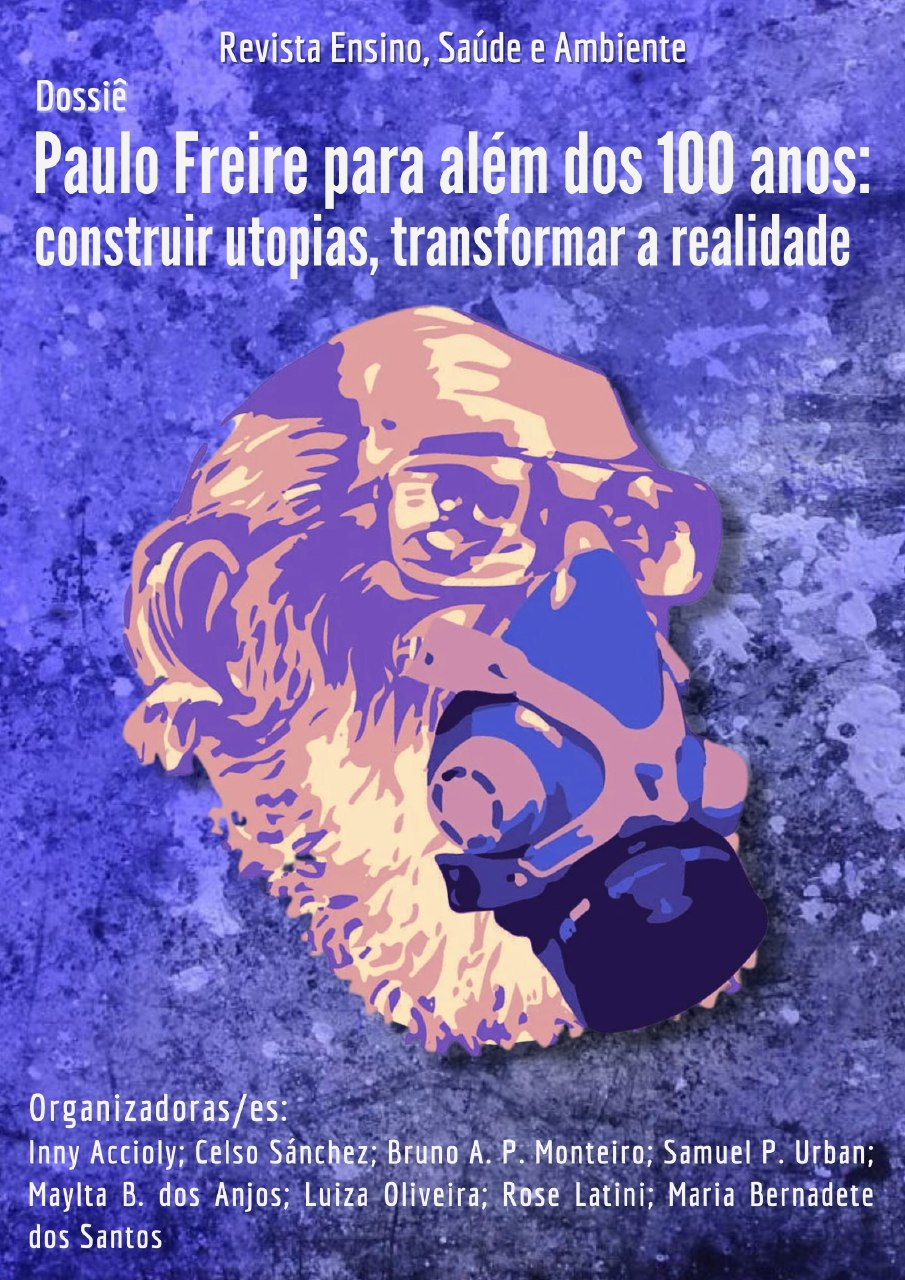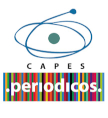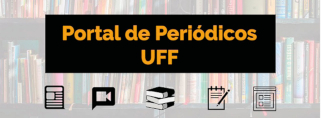Critical pedagogy and educational research in the U.S. and Brazil:
an international teaching-research collaboration
DOI:
https://doi.org/10.22409/resa2021.v14iesp..a52498Palavras-chave:
critical pedagogy, Paulo Freire, transnational research, collaborative project, dialogical seminarResumo
This text presents partial results of an international collaborative project, which has Paulo Freire's philosophy as a pillar. This article is both a descriptive report and also a register of individual and collective questions about the intentions of the project in relation to its outcomes and implications. The project was developed as an international partnership between three researchers from three different universities, Tiradentes University (Aracaju, Brazil), the University of Massachusetts Boston (Massachusetts, USA), and Molloy College (New York, USA). The perspectives of Freire's pistemological curiosity (2019) and critical awareness (1967) provide the foundation for our discussion, as this article aims to present the results of the International Dialogical Seminar as an integral part of the project. The voices of the participants (teachers and students) will be the focus with the intention to weave links between them, shedding light on the results of this collaboration of teaching and research across borders. Our work speaks to the importance of transnational and local dialogic spaces for teaching and researching as we have been doing in this work together. The intersections of our worldviews and lifeworlds enable us to see how much more needs to be done to ferret out social injustice locally and globally, and sometimes in our own practices as researchers and educators. Yet, our work also offers hope and possibility as we see the power of epistemological curiosity and dialogue in bringing about strengthened critical consciousness. Freire's work for and contributions to social change remains current and relevant.
Downloads
Referências
COSTA, C. A. S. DA & ACCIOLY, I. A. Formação em Educação Ambiental Crítica na Periferia do Capitalismo: Contribuições Marxistas. Revista Trabalho Política e Sociedade, II (02): 23-42, 2017.
DARDER, A. Reinventing Paulo Freire: A Pedagogy of Love. New York: Routledge, 2017.
FREIRE, P. Educação Como Prática da Liberdade. São Paulo: Paz e Terra, 1967.
FREIRE, P. Pedagogy of the Oppressed. New York: Continuum, 1970.
FREIRE, P. Professora, Sim; Tia, Não: Cartas a Quem Ousa Ensinar. São Paulo: Paz e Terra, 2015
FREIRE, P. Pedagogia da Autonomia: Saberes Necessários à Prática da Autonomia. São Paulo: Paz e Terra, 2019.
GIROUX, H. Teachers as Intellectuals: Toward a Critical Pedagogy of Learning. Connecticut: Greenwood Publishing Group, 1988.
hooks, b. Teaching to Transgress: Education as the Practice of Freedom. New York: Routledge, 1994.
MARSHALL, C. & ROSSMANN, G. (2016). Designing Qualitative Research Methods. California: Sage, 2016.
MENEZES, M. G. DE & SANTIAGO, M. E. Contribuição do Pensamento de Paulo Freire Para o Paradigma Curricular Crítico-Emancipatório. Pro-Posições, 25(3): 45-62, 2014.
KRESS, T. M. Critical Pedagogy and the Purpose of Educational Research in an Age of “Alternative Facts”. Review of Education, Pedagogy, and Cultural Studies, 40(5): 443-457, 2019.
SAUL, A. M. Paulo Freire Na Atualidade: Legado e Reinvenção. Revista e-Curriculum, São Paulo, 14(01): 09 – 34, 2016.
SAUL, A. M. & SAUL, A. Contribuições de Paulo Freire Para a Formação de Educadores: Fundamentos e Práticas de um Paradigma Contra-Hegemônico. Educar em Revista, 61: 19-35, 2016.
TAVARES, C. The Day that Lasted 21 Years. Pequi Filmes, 2012.
Downloads
Publicado
Edição
Seção
Licença
Copyright (c) 2021 Tricia Kress, Simone Silveira Amorim, Patricia Krueger-Henney

Este trabalho está licenciado sob uma licença Creative Commons Attribution 4.0 International License.
Os autores que publicam nesta Revista concordam com os seguintes termos:
1. Autores mantém os direitos autorais e concedem à revista o direito da primeira publicação.
2. Autores têm autorização para assumir contratos adicionais separadamente, para distribuição não-exclusiva da versão do trabalho publicado nesta revista (ex.: publicar em repositório institucional ou como capítulo de livro), com reconhecimento de autoria e da publicação inicial nesta revista.







